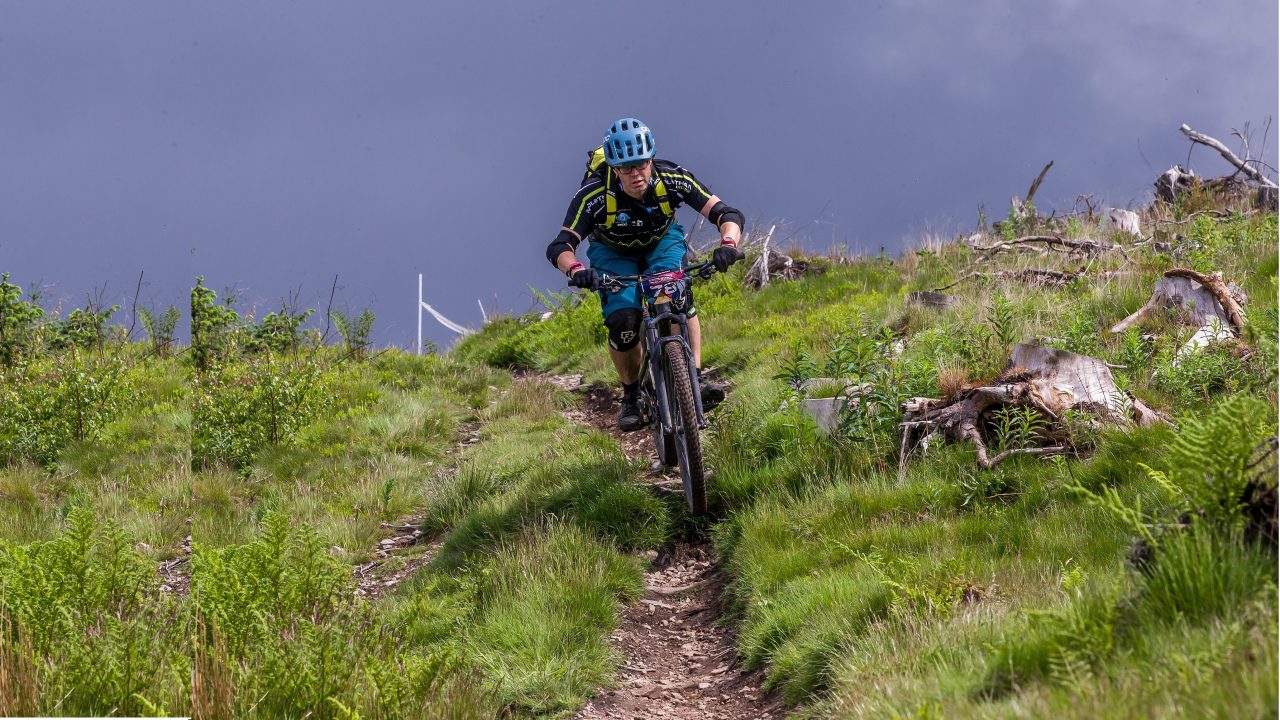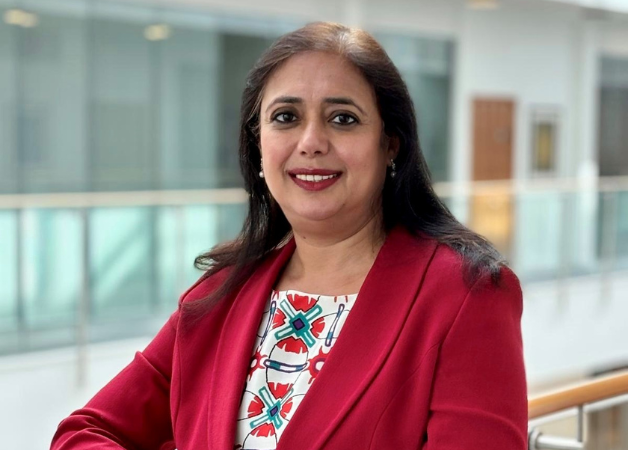Developing conscious leadership
Working in a leadership role can sometimes feel like you have to cover as much ground as possible, but that isn’t necessarily the best approach. Robin Henderson, Managing Director of MY Consultants and AHUA Development Consultant, discusses how to develop a conscious approach to leadership.


The last 18 months have been a turbulent time for everyone. If you’ve been anything like me, you’ll have been focussed on getting to the end of the day and completing as many tasks as you can from your overly long to-do lists.
Being under pressure means you’ll probably have defaulted to your instinctive leadership behaviours. Whilst these behaviours may have served you well in the past, as you enter new territories, such as hybrid working, they may be less effective than other approaches you could take.
This is where reminding yourself to bring attention and consciousness to your leadership approach can pay dividends.
How can you bring consciousness to your leadership approach?
Let’s look at a sporting analogy to explore this. Today I spent the morning repeatedly cycling down a very steep, rough hill in the Scottish Borders (fortunately there was a bus to take me back to the top of the hill). It’s tempting on a day like today to ride as fast as you can and cover as much ground as possible and have a fun morning whilst occasionally scaring yourself along the way. Outwardly this approach will have appeared very productive to any onlooker.
However, this approach does not enable improvements in the same way as a more conscious approach can.
In the conscious approach to riding this steep hill, you break down parts of the route. You consider which line choice is the faster. You brake in different places. You try out different approaches that are more challenging than you would normally choose. As a result, you end up covering less ground than you would if you were just riding. And outwardly you appear less productive.
However, through this sort of experimentation and pulling together what you’ve learned, you find that you eventually do get faster and more controlled. This is the long-term goal of developing your skills.
How do we bring this conscious mindset to the leadership space?
The first stage in the process is to find time to reflect on how you handled specific situations, and your leadership in the broader context of the institution. When working online there is often very little time for reflection, so it’s important to schedule time to reflect and consciously identify behaviours that you actively want to change.
Asking yourself questions such as:
- Over the last 18 months what I am most proud of achieving?
- What enabled me to achieve this?
- What has not worked as well over the past 18 months?
- What was within my control which could have been handled differently?
- If I was to change elements of my leadership approach, what would they be?
- In what contexts would I want to use these different approaches?
- What changes would have the greatest impact on the people I lead?
360 feedback and using self-reflection leadership tools (for example completing a self-evaluation on the Kouzes and Posner Leadership Practices Inventory) can also be powerful aids to enabling this reflection.
- Once you have identified what you want to do differently you will want to consciously choose to work on this behaviour – at first the change may feel “clunky” and not very effective – you may even occasionally crash as you embed the new skills. Here you need to be patient and give yourself a chance to embed the new behaviour and not expect immediate results. Being patient with the change is important as often people fail to continue with it when they don’t see immediate results.
- After giving the change you’ve implemented time to embed actively, reflect on the changes you’ve made and notice the difference they are making – both to you and those you lead. Obtaining further feedback can also be helpful in identifying the difference that’s been made.
The above process is straightforward and obvious but all too often leaders forget to take the time to reflect and consciously develop, in exactly the same way that I all too often ride my bike without focussing on how I could do it better.
Related Blogs



